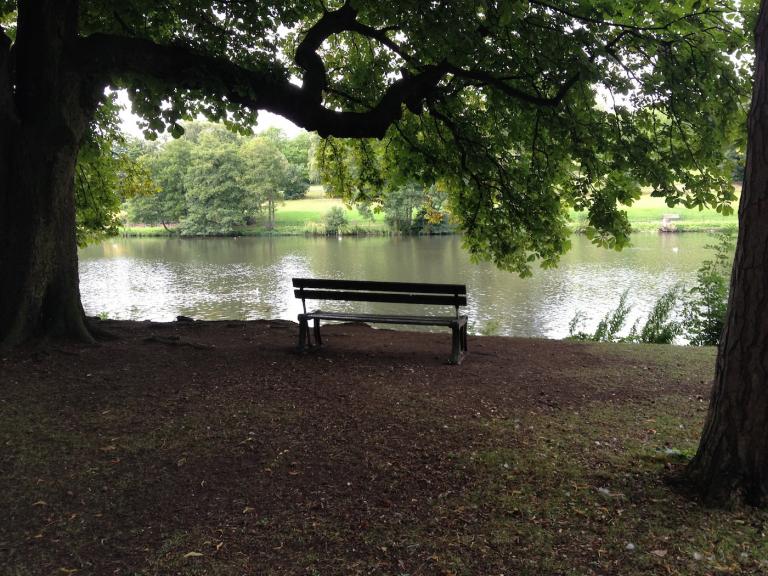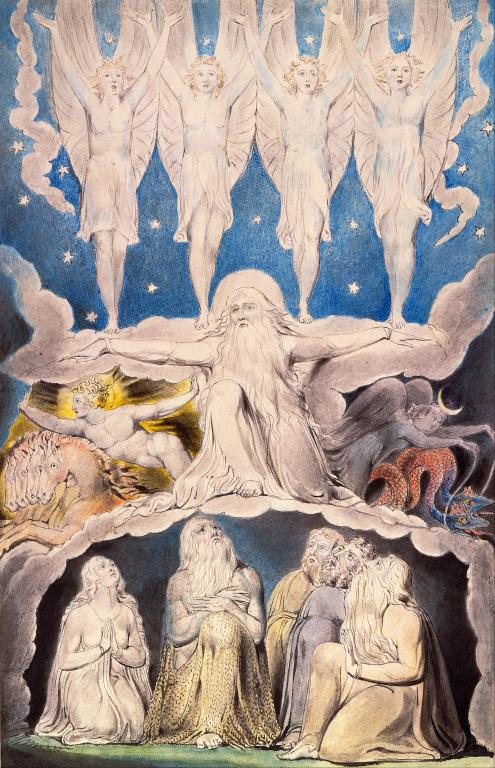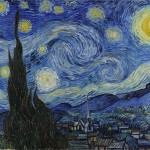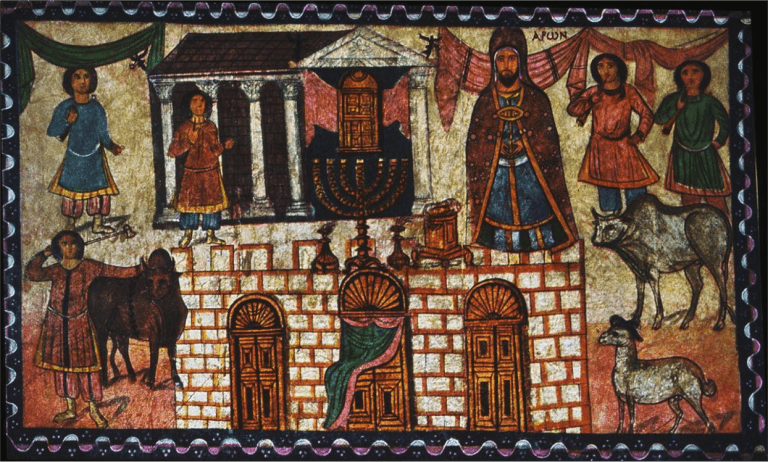Ordinary Time
19 January 2018
The Edge of Elfland
Concord, NH
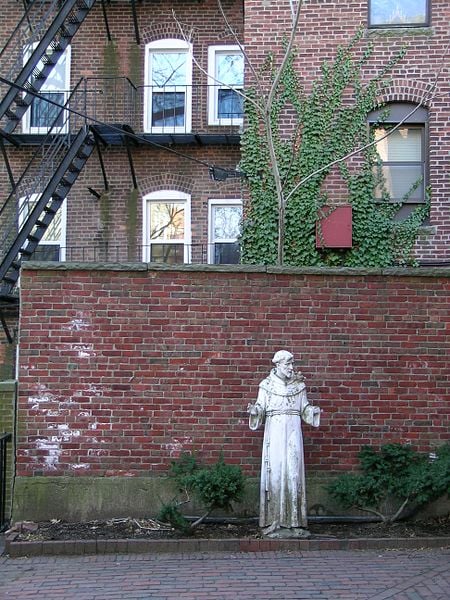
English: This statue of Saint Francis of Assisi in the North End of Boston is indicative of the historically Roman Catholic nature of that neighborhood’s Italian-American community. March 2008 photo by John Stephen Dwyer.
Date 25 March 2008 (according to Exif data)
Source Own work
Author User:Boston
(CC BY-SA 3.0)
Dearest Readers,
Every year in my Fundamentals of the Christian Faith class, my text for discussion during our unit on Creation is St. Francis’ “Canticle of Brother Sun and Sister Moon.” I choose this text for a few reasons. First, I find that many of my college students have not been introduced to poetry, and certainly don’t think that poetry and theology can inform each other. Second, I find that Francis’ poem does an excellent job confronting a lot of their presuppositions about creation. It makes them uncomfortable in all the right ways. Third, and perhaps most importantly, it prepares them for our final week on Sacramental Imagination where we read Dante, Hopkins, Chesterton, and more.
I am truly surprised at how many of my begin with a dislike of poetry. I suppose I shouldn’t be. After all, my high school students often don’t like it either. So, if they begin that way in high school (or have been formed that way, a subject for another letter), it should come as no surprise when I see posts (I should note that this is an online class) which begin with some iteration of “I don’t really like poetry.” And many of them maintain that. One question I always ask is if my students agree or disagree with what they’ve read. I want them thinking critically. But with Francis, sometimes they struggle. It is poetry after all. It’s all about how we feel, so what is there to disagree with. Some get it, and I work for those moments. And I can only hope that those who don’t will some day.
Whether they like poetry or not, Francis’ often makes them uncomfortable. Because Francis uses phrases like brother sun, and most especially, mother earth (actually sister, mother earth), many walk away nervous that Francis is some kind of proto-New Ager. Even if they don’t think that, some fear that Francis might confuse those who are interested in New Age spiritualism. I like to hope that reading Francis helps them overcome some of our modern presuppositions. I take a guilty pleasure in confronting students, even those who seem to like the poem, when they suggest that Francis doesn’t really mean that the Sun can praise God. Who says he can’t? Ramandu’s words are always close to me, “Even in your world, my son, that is not what a star is but only what it is made of.” I don’t want them getting too comfortable too quickly, even when they agree. We need to let Francis’ words reach us, not as mere sentimentality, but for the full force of their meaning. This is why I specifically ask them to reflect on this line:
Praised be You, my Lord through Sister Death,
from whom no-one living can escape. Woe to those who die in mortal sin! Blessed are they She finds doing Your Will.
Finally, and really the main reason I assign Francis, is to help prepare them to see poetry and theology working together. This is not to conflate poetry and theology. They are different, but this does not mean that they cannot and do not work in conjunction with one another. This poem has the added benefit of beginning to train them to see creation in a new light, one in which we are related to it and it is, apparently, more worthy to praise God than we are. It is essential that students of theology begin to learn and see in these ways. Neglect of the poetic leads to a kind of phariseeism, just as neglect of the theological (in its more academic sense) can lead to a kind of boundless, and often shallow sense of feeling.
My only regret in all of this is that I cannot sit with these students and talk through this poem. The format of my class does not allow for it, but I hope that it still forces my students, as it often forces me, out of the haze of habit and into new and deeper ways of knowing and being.
I leave you now with Francis.
Sincerely,
David Russell Mosley
“Canticle of Brother Sun and Sister Moon” by St. Francis of Assisi
Most High, all-powerful, all-good Lord, All praise is Yours, all glory, all honour and all blessings.
To you alone, Most High, do they belong, and no mortal lips are worthy to pronounce Your Name.
Praised be You my Lord with all Your creatures,
especially Sir Brother Sun,
Who is the day through whom You give us light.
And he is beautiful and radiant with great splendour,
Of You Most High, he bears the likeness.Praised be You, my Lord, through Sister Moon and the stars,
In the heavens you have made them bright, precious and fair.Praised be You, my Lord, through Brothers Wind and Air,
And fair and stormy, all weather’s moods,
by which You cherish all that You have made.Praised be You my Lord through Sister Water,
So useful, humble, precious and pure.Praised be You my Lord through Brother Fire,
through whom You light the night and he is beautiful and playful and robust and strong.Praised be You my Lord through our Sister,
Mother Earth
who sustains and governs us,
producing varied fruits with coloured flowers and herbs.
Praise be You my Lord through those who grant pardon for love of You and bear sickness and trial.Blessed are those who endure in peace, By You Most High, they will be crowned.
Praised be You, my Lord through Sister Death,
from whom no-one living can escape. Woe to those who die in mortal sin! Blessed are they She finds doing Your Will.No second death can do them harm. Praise and bless my Lord and give Him thanks,
And serve Him with great humility.


